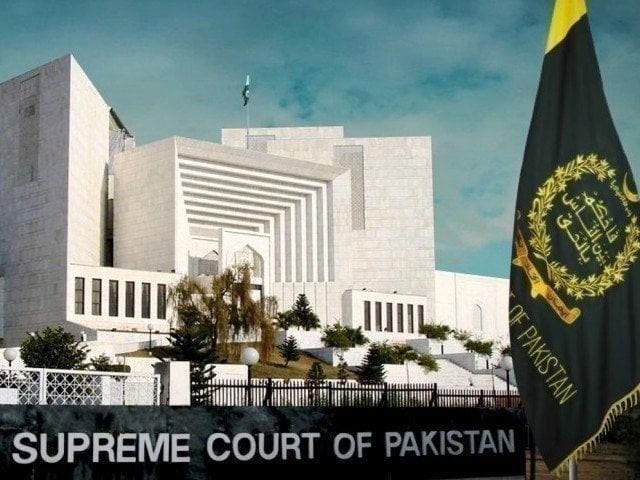Bail not an unqualified right, says apex court
Bail not an unqualified right, says apex court

The Supreme Court has outlined as to when higher courts can cancel bail, adding that bail is not an unqualified right and can be withdrawn, if misused.
In a three-page order in a case related to the cancellation of bail, the SC noted that the scope of the interference to be made by the SC in its appellate jurisdiction in matters of cancellation of bail are well settled and hardly need reiteration.
According to the order, authored by Justice Syed Mansoor Ali Shah, bail, though a concession granted to ensure the liberty of an accused pending trial, is not an unqualified right.
It said the law recognizes that bail may be cancelled if the accused, after securing release, engages in conduct that undermines the administration of justice.
Such grounds include attempts to influence or intimidate witnesses, tampering with evidence, committing another offence while on bail, or violating conditions imposed by the court.
"Furthermore, if the accused fails to appear before the court without just cause, or if new facts come to light that materially alter the basis on which bail was granted, the court may justifiably revoke the concession."
According to the order, the guiding principle remains that the liberty of an individual must be balanced against the need to ensure a fair trial and uphold public confidence in the justice system.
It noted that while examining a bail granting order for the purpose of cancellation, the court usually interferes when the bail order is perverse on the face of it, or when bail has been granted in clear disregard of some principle of the law of bail.
"A perverse order is the one that has been passed against the weight of the material on the record or by ignoring such material or without giving reasons; such order is also termed as arbitrary, whimsical and capricious," it said.
The order said one of the elementary principles of the law of bail that courts are not to indulge in the exercise of a deeper appreciation of material available on record at the bail stage.
"[They] are only to determine tentatively, by looking at such material, whether or not there exist any 'reasonable grounds' for believing that the accused person is guilty of the alleged offence," it added.





















COMMENTS
Comments are moderated and generally will be posted if they are on-topic and not abusive.
For more information, please see our Comments FAQ